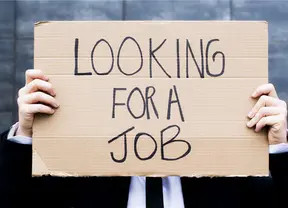
New Zealand's economy surged in the quarter to the end of September, according to figures out Thursday, but critics said the data showed it was failing to keep up with a growing workforce.

As the Chinese government accelerates its implementation of a series of reform and innovation measures aimed at economic restructuring, the Chinese economy is gradually on track of robust growth, with the emergence of new industries countering the downward pressure and offering bright prospects.
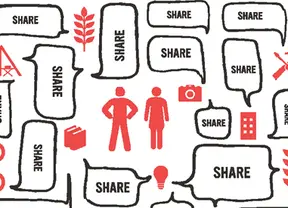
The term "sharing economy" has been chosen as Australia's word of the year 2015, the Australian National Dictionary Center announced on Wednesday.

It would be unwise, especially during an economic slowdown, for China to solely rely on the service sector, as it belittles the significance, and potential, of its industry.
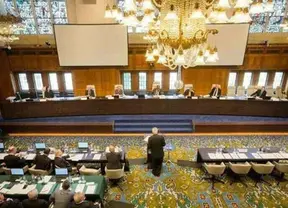
The Japanese government on Wednesday maintained its assessment of the current state of the economy as recovering moderately, but noted that business investment and exports are under pressure.

Singapore's Ministry of Trade and Industry announced on Wednesday the country's economy grew by 1.9 percent year-on-year in the third quarter of 2015, and expects the economy to grow by "close to 2.0 percent" for the whole of 2015.

The bank of Japan (BOJ) on Thursday decided to keep its current monetary policy, clinging to the judgment that the economy is "recovering moderately" despite recent data showing Japan has slipped into recession.

Chinese President Xi Jinping on Thursday wrapped up his trip to Turkey and the Philippines after expounding China's views and proposals on world economy and Asia-Pacific development at two multilateral summits.
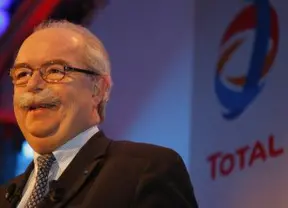
Japan's economy slipping into a technical recession for the second time since Prime Minister Shinzo Abe came to office in 2012 has led some analysts to question the efficacy of his so-called aggressive blend of economic policies dubbed "Abenomics" and see the soft spot continuing unless economic fundamentals are swiftly addressed.

Japan's economy contracted in the third quarter owing to waning business investment and slumping inventories, entering a technical recession for the second time since Prime Minister Shinzo Abe came into office in 2012 and unrolled two editions of his aggressive "Abenomics" blend of economic policy.
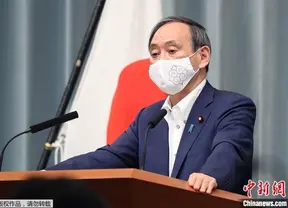
Given looming downward pressure and ongoing economic restructuring, a lower average annual growth target of 6.5 percent will be acceptable and attainable for the world's second largest economy in the next five years, according to analysts.

The fundamentals of a steadily growing economy have remained unchanged, Xiao Xiao, an analyst with the Academy of Macroeconomic Research, affiliated to the National Development Reform Commission has said.
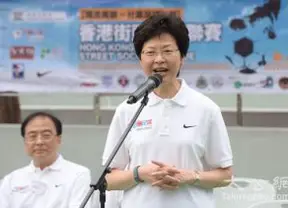
Chinese President Xi Jinping on Wednesday reassured U.S. business leaders on the positive prospect of the Chinese economy and called for boosting Sino-American win-win cooperation in trade.
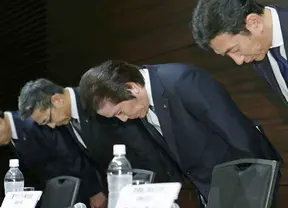
Although downward pressure on the economy may persist for a while, the Chinese government has plenty policy room and options to achieve its annual growth targets, the country's top economic planner said on Tuesday.

The top economic planner has voiced confidence in the economy, citing signs of improved quality and strong momentum for long-term growth.
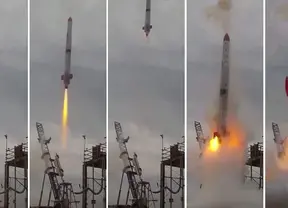
China, at a time when the world economy remains in a precarious state, has implemented "suitable" reforms to spur economic growth, according to Argentine economist and consultant Gustavo Girado.

Chinese Premier Li Keqiang was not delivering empty promises when he said China is not headed for a "hard landing" during the Summer Davos forum.